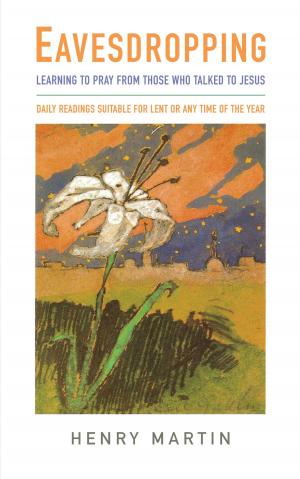Apocalypse When?: Why we want to believe there will be no tomorrow
Nonfiction, Religion & Spirituality, Reference, Psychology of Religion| Author: | Ted Harrison | ISBN: | 9780232529845 |
| Publisher: | Darton, Longman & Todd LTD | Publication: | July 31, 2012 |
| Imprint: | Darton, Longman and Todd Ltd | Language: | English |
| Author: | Ted Harrison |
| ISBN: | 9780232529845 |
| Publisher: | Darton, Longman & Todd LTD |
| Publication: | July 31, 2012 |
| Imprint: | Darton, Longman and Todd Ltd |
| Language: | English |
The world will end in December 2012 – if the proponents of the Mayan Calendar theory are correct. There is nothing new about End-time alarms: the ancient astrologers lived in a perpetual state of expectation, and over the last 2000 years there have been at least 50 major prophecies and panics. Even science contributes to the doomsday scenarios, such as the Y2K bug, the Hadron collider and global warming. In Apocalypse When? Ted Harrison asks why it is that we are so determined to forecast The End. Why do many people prefer to think of the world ending in a single dramatic event than simply fading away over millions of years? Is it a way of not taking responsibility for the injustices of here and now?
The world will end in December 2012 – if the proponents of the Mayan Calendar theory are correct. There is nothing new about End-time alarms: the ancient astrologers lived in a perpetual state of expectation, and over the last 2000 years there have been at least 50 major prophecies and panics. Even science contributes to the doomsday scenarios, such as the Y2K bug, the Hadron collider and global warming. In Apocalypse When? Ted Harrison asks why it is that we are so determined to forecast The End. Why do many people prefer to think of the world ending in a single dramatic event than simply fading away over millions of years? Is it a way of not taking responsibility for the injustices of here and now?















